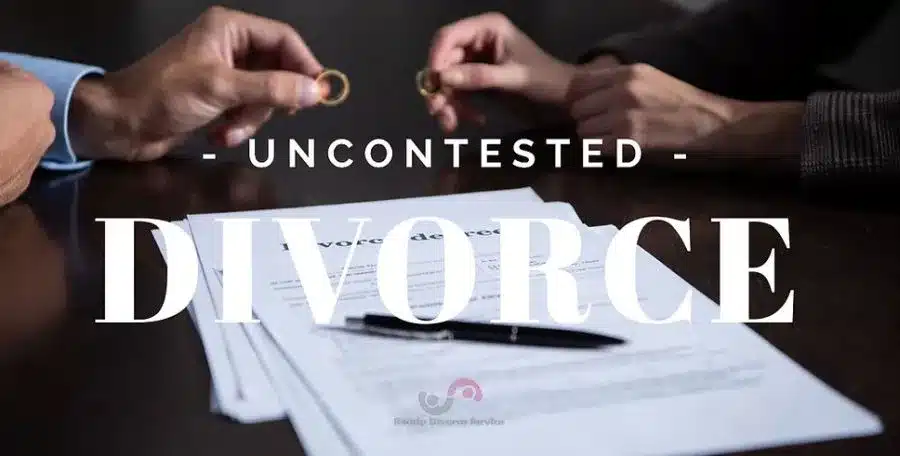Under the Texas Family Code, joint managing conservators share the parental rights and responsibilities of their children. This type of conservatorship can either be agreed upon by both parties or be put in place by a court order.
In general, the law presumes that it is in the best interest of the children to have an ongoing relationship with both parents. Due to this, it is often the opinion of a Texas judge to lean towards ordering a joint managing conservatorship.
Once a joint managing conservatorship has been granted, it doesn’t mean the children will divide equal time with each parent. While the rights and responsibilities are shared, it may not necessarily mean that it is practical or best for the children to split equal time with both parents. For example, the responsible parties may decide to have the children spend most of their time in one household as transitioning back and forth causes too much instability and stress in the children’s lives.
In some instances, a judge may decide that it isn’t in the children’s best interest for both parents to share conservatorship. When this scenario arises, the judge will name one of the parents, or if both parents are deemed unfit a non-parent, as the sole managing conservator.
Read Texas Family Code 153.074 for all of a parent’s rights and duties during their possession time.




